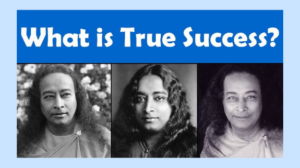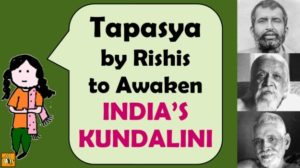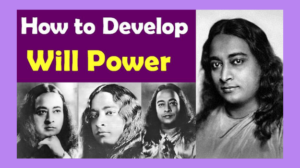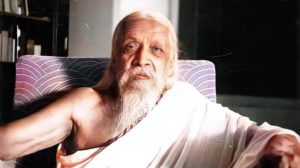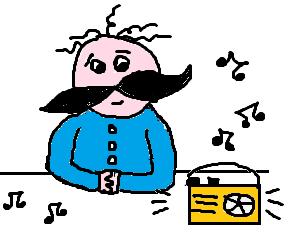Speaking Truth to Power – In Part 1 of our Series on Courage, we had learnt from Mother Mirra about the two types of courage, namely the courage to defend and protect oneself; and secondly the courage which is greater than this i.e. the courage to help others besides our own self.
In this post we shall learn from her, about the third and the highest form of courage, which is the courage to speak the truth before those occupying a seat of power. Mother Mirra helps acquaint us with this moral courage through her telling of the story of Vibhishan from the Ramayana. This telling has been taken from Mother Mirra’s book: Words of Long Ago (Volume 2 of Mother’s Works).
3. Types of Courage – The Moral Courage to Stand Up & Speak Truth to Power
I shall tell you the story of Vibhishan the hero. He braved a danger that was greater than the danger of death: he braved the fury of a king and gave him the wise advice that others dared not voice.
The demon-king of Lanka was Ravana of the Ten Heads. Ravana had stolen lady Sita away from her husband and carried her off in his chariot to his palace on the island of Lanka.
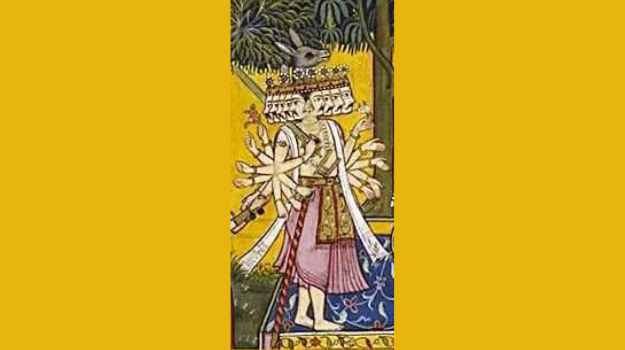
(Painting courtesy the Mewar Ramayana.)
Sumptuous was the palace and delightful the garden in which he imprisoned the princess Sita. Yet she was unhappy and every day she would shed tears, not knowing whether she would ever see her Lord Rama again.
Glorious Rama learnt from Hanuman the monkey-king where his wife Sita was held captive. He set out with noble Lakshman, his brother, and a great army of heroes to the rescue of the prisoner. When the demon Ravana learnt of the arrival of Rama, he trembled with fear.
The advice he received was of two kinds. A crowd of courtiers thronged around his throne saying: “All is well; have no fear, O Ravana. Gods and demons you have conquered: you will have no difficulty in conquering Rama and his companions, the monkeys of Hanuman.”
When these noisy counsellors had left the king, his brother Vibhishan entered, knelt and kissed his feet. Then he rose and sat at the right hand of the throne. “O my brother,” he said, “if you wish to live happily and keep the throne of this beautiful island of Lanka, give back the lovely Sita, for she is the wife of another. Go to Rama and ask his forgiveness, and he will not turn away his face. Be not arrogant and foolhardy.”
A wise man, Malyavan, heard these words and was glad. He exclaimed to the king of demons: “Take your brother’s words to heart, for he has spoken the truth.”
“Both of you have evil designs,” replied the king, “for you take the side of my foes.” And the eyes of his ten heads flashed with such fury that Malyavan fled from the room in terror. But Vibhishan, in the bravery of his soul, remained.
“Sire,” he said, “in the heart of each man there is both wisdom and foolishness. If wisdom dwells in his breast, life goes well with him; if it is foolishness, all goes ill. I fear that you harbour foolishness in your breast, O my brother, for you give ear to those who give bad advice. They are not your true friends.”
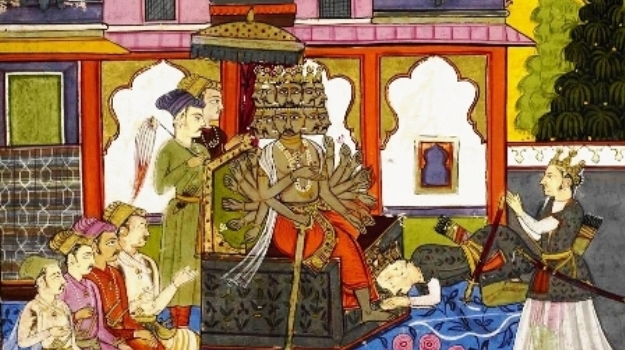
– Hand-painted scene from Maharana Jagat Singh of Mewar’s copy of the Ramayana.
He fell silent and kissed the feet of the king.
“Wretch!” cried Ravana. “You too are one of my enemies. Speak no more senseless words to me. Talk to the hermits in the woods but not to one who has been victorious over all the enemies he has fought.”
And as he shouted he kicked his brave brother Vibhishan.
So, with a heavy heart, his brother rose and left the king’s house. Knowing no fear, he had spoken frankly to Ravana; and since the ten-headed one would not listen, Vibhishan had no choice but to leave.
Vibhishan’s act was one of physical courage, for he did not fear his brother’s blows; but it was also an act of mental courage, for he did not hesitate to utter words that the other courtiers, physically as brave as he, would not have let fall from their lips. This courage of the mind is known as moral courage.
The Immense Mental & Moral Courage of Great Souls
Such was also the courage of Moses, the leader of Israel, who demanded from the Pharaoh of Egypt the freedom of the oppressed Jewish people.
Such was the courage of Mohammed, the Prophet, who imparted his religious thought to the Arabs, and who refused to be silenced even though they threatened him with death.
Such was the courage of Siddhartha, the Blessed One, who taught the people of India a new and noble path, and was not terrified by the evil spirits who assailed him under the Bo-tree.
Such was the courage of Christ, who preached to the people: “Love one another,” and was not intimidated by the pontiffs of Jerusalem who forbade him to teach, nor by the Romans who crucified him.
So we have noted three kinds, three degrees of courage: Physical courage for oneself. Courage for the near one, the friend, the neighbour in distress, the threatened motherland. Finally, the moral courage that enables one to stand up to unjust men, however powerful they may be, and to make them listen to the voice of right and truth.
 PART 3: Speaking Truth To Power | Honest Vashishtha Incurs the Wrath of Vishvamitra – Mother Mirra narrates how the honest Vasishtha did not need the fearsome King Solomon’s throne to be frightened into speaking the truth.
PART 3: Speaking Truth To Power | Honest Vashishtha Incurs the Wrath of Vishvamitra – Mother Mirra narrates how the honest Vasishtha did not need the fearsome King Solomon’s throne to be frightened into speaking the truth.
![]() PART 1: What is Courage | The 3 Types of Courage – Understanding the first 2 types of courage – the courage to help oneself and courage to help others via 2 stories from Mother Mirra.
PART 1: What is Courage | The 3 Types of Courage – Understanding the first 2 types of courage – the courage to help oneself and courage to help others via 2 stories from Mother Mirra.

